We produce green methane. We use the nopal, (opuntia ficus), prickly pear, Cactus, Tuna, Chumbera, to generate high-density, nutritionally balanced crops for biomass production. This raw material is used for the production of energy and food, obtaining Biogas and electricity. Its simple implementation, low cost and pollutant-free energy production is an ecological and cost-effective answer to the demand for food and energy.
In 2000 we built the first nopal processing plant for energy, we have international experience and expertise to develop integrated projects for your local industry. We use high-performance cacti (1,000 ton biomass / hectare / year), its application is direct and indirect animal feed, human food, energy and the environment.
Elqui Global Energy has been advising public and private companies present in South Africa, Colombia, Argentina, India, Spain, Chile and Mexico with projects developed or in progress. Cactus represents an alternative for arid areas in countries where other crops are not possible and is an ideal raw material for bioenergy projects in marginal areas.
The cactus allows to deliver energy 24 x 365 days, with neutral carbon at the price of natural gas
Human food
Pickles in brine and vinegar
Cactus flour for baked products
Animal food
Nopal flour, fodder
Fermented nopal
Vermiculture
Protein concentrate
Energy production
Electricity for internal or external use
Liquid fertilizer for crops
Carbon bonus
Positive externalities
Fossil fuel replacemnet
Reforestation of arid areas
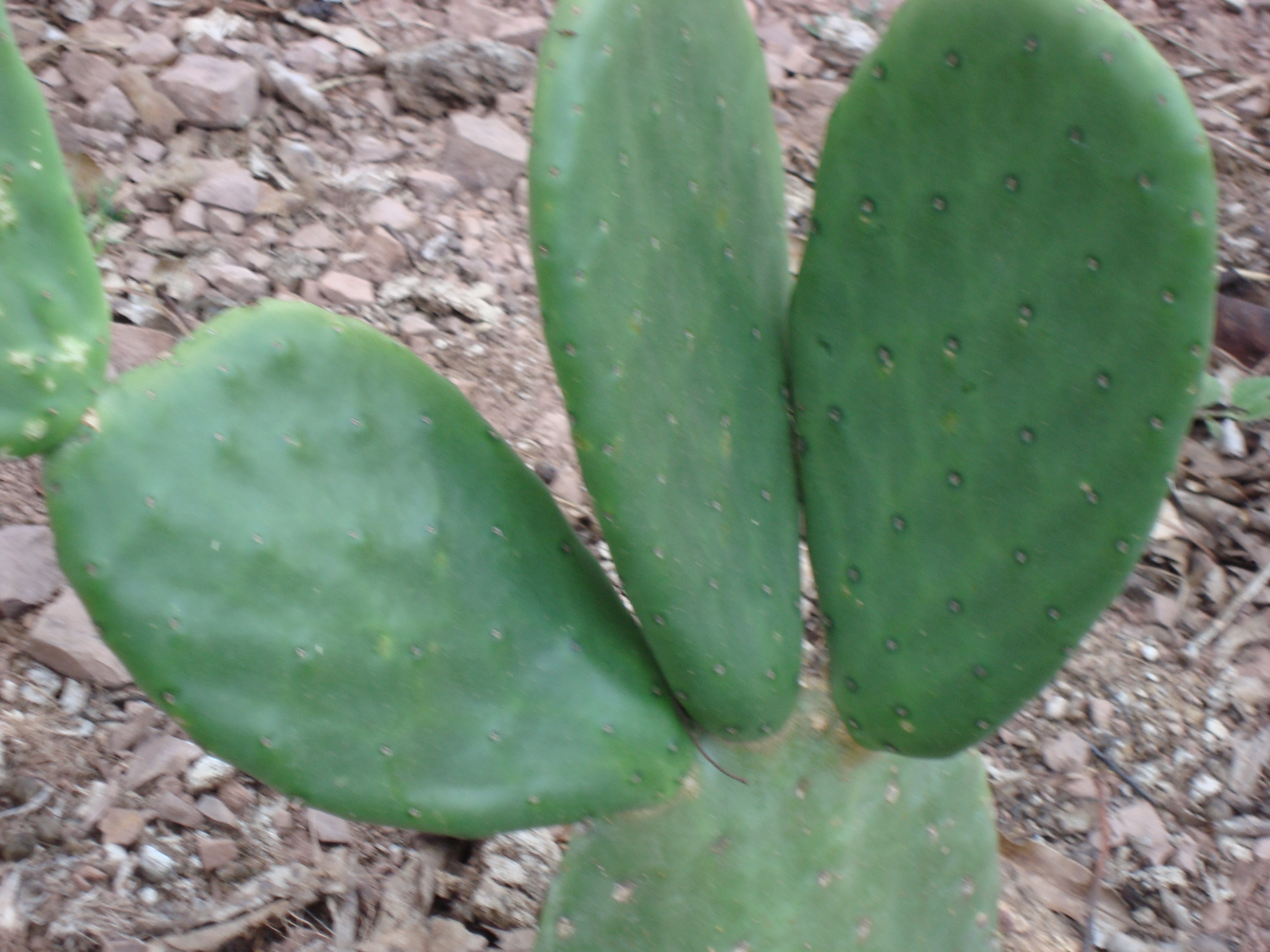
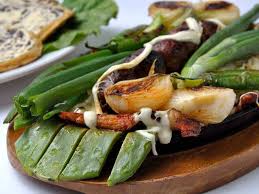
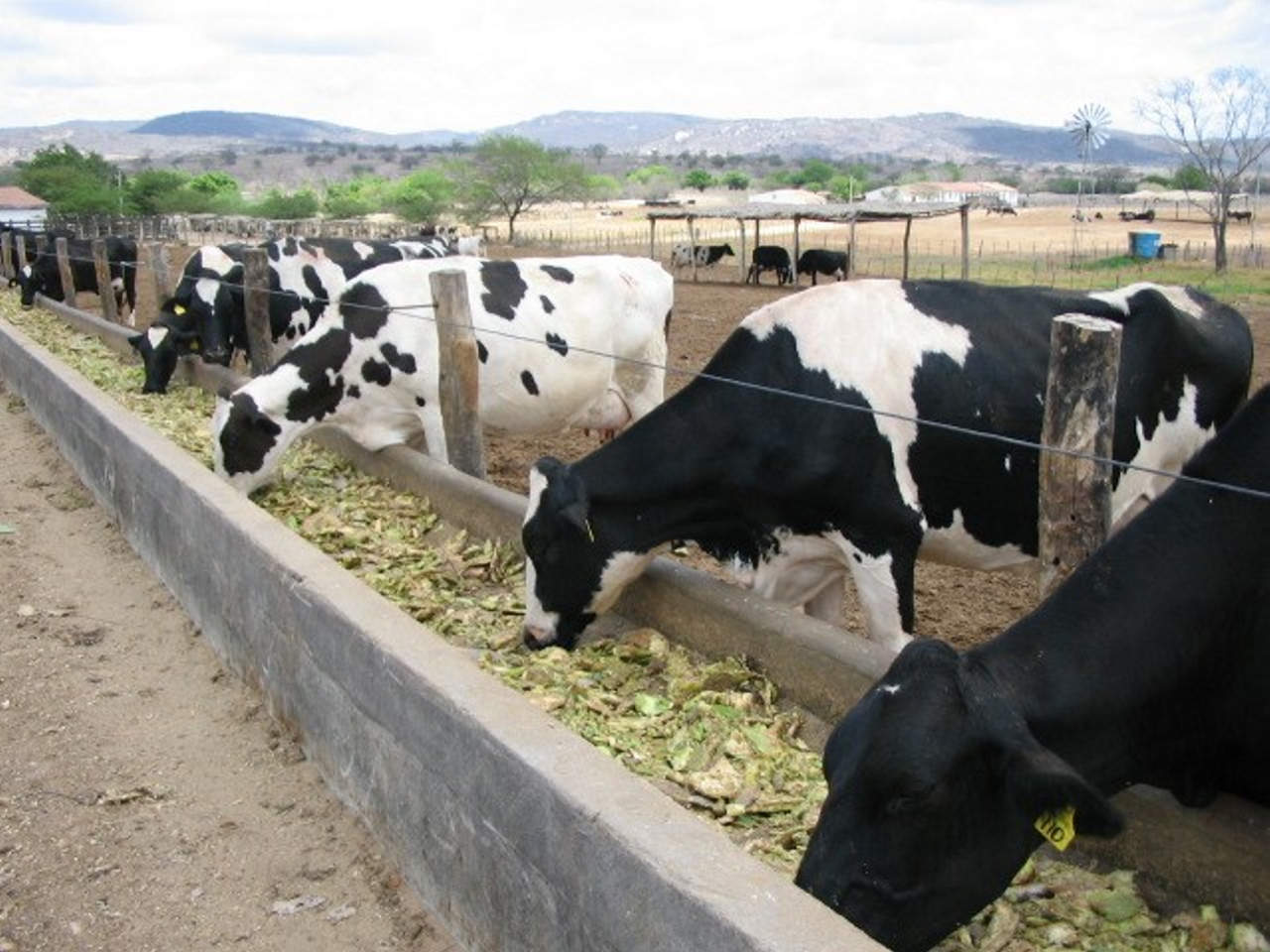
Foliage can be used as a staple food for goats, sheep and rabbits, and as a dietary supplement, instead of concentrates, for dairy cattle, and as a feed ingredient for monogastric animals, such as pigs. You can use direct feeding in situ, with cattle or goats which are fed directly from the plant or can be cut into pieces and make rations in pens. Likewise, nopal flour can be obtained for storage and subsequent administration in winter rations or its sale in the wholesale market.
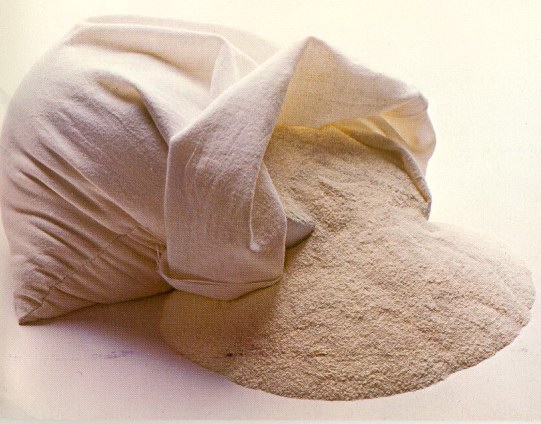
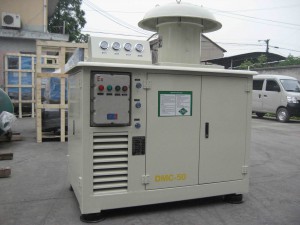

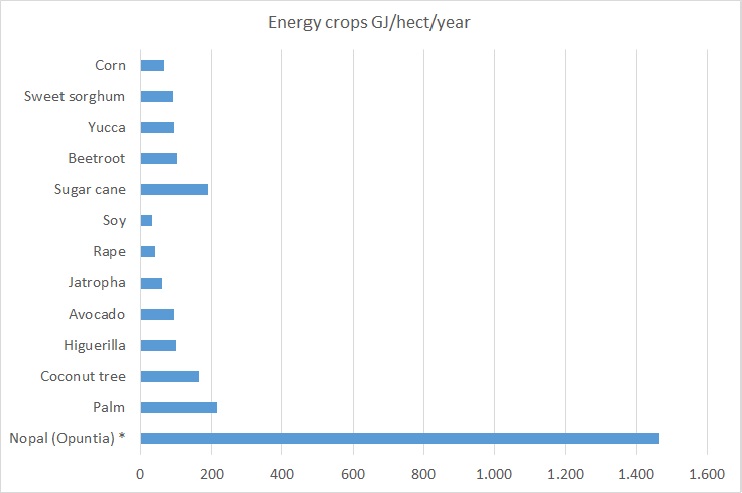
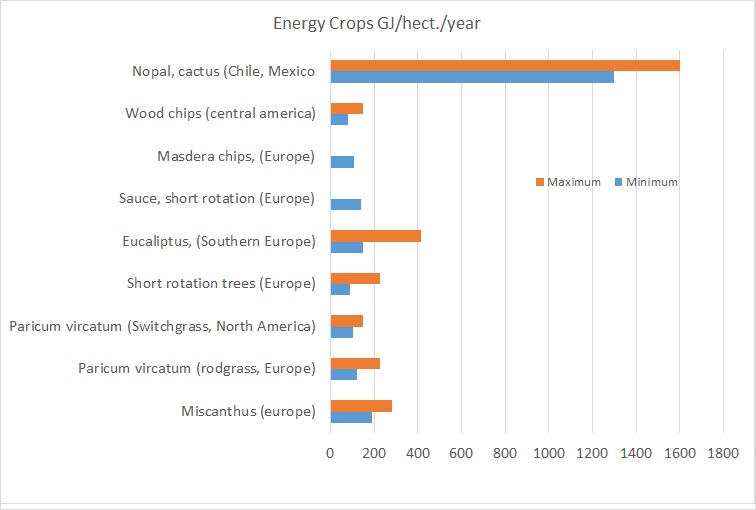
We work with local resources to deliver the best answer to our clients.
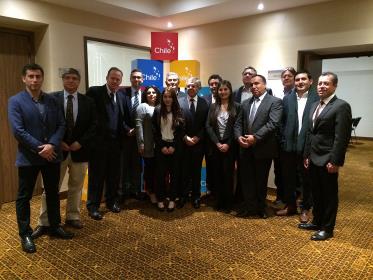
We work internationally, in projects in countries such as South Africa, Spain, Mexico, Colombia, Argentina, Angola and India. We have more than 20 years of experience in cactus biogas and project development.
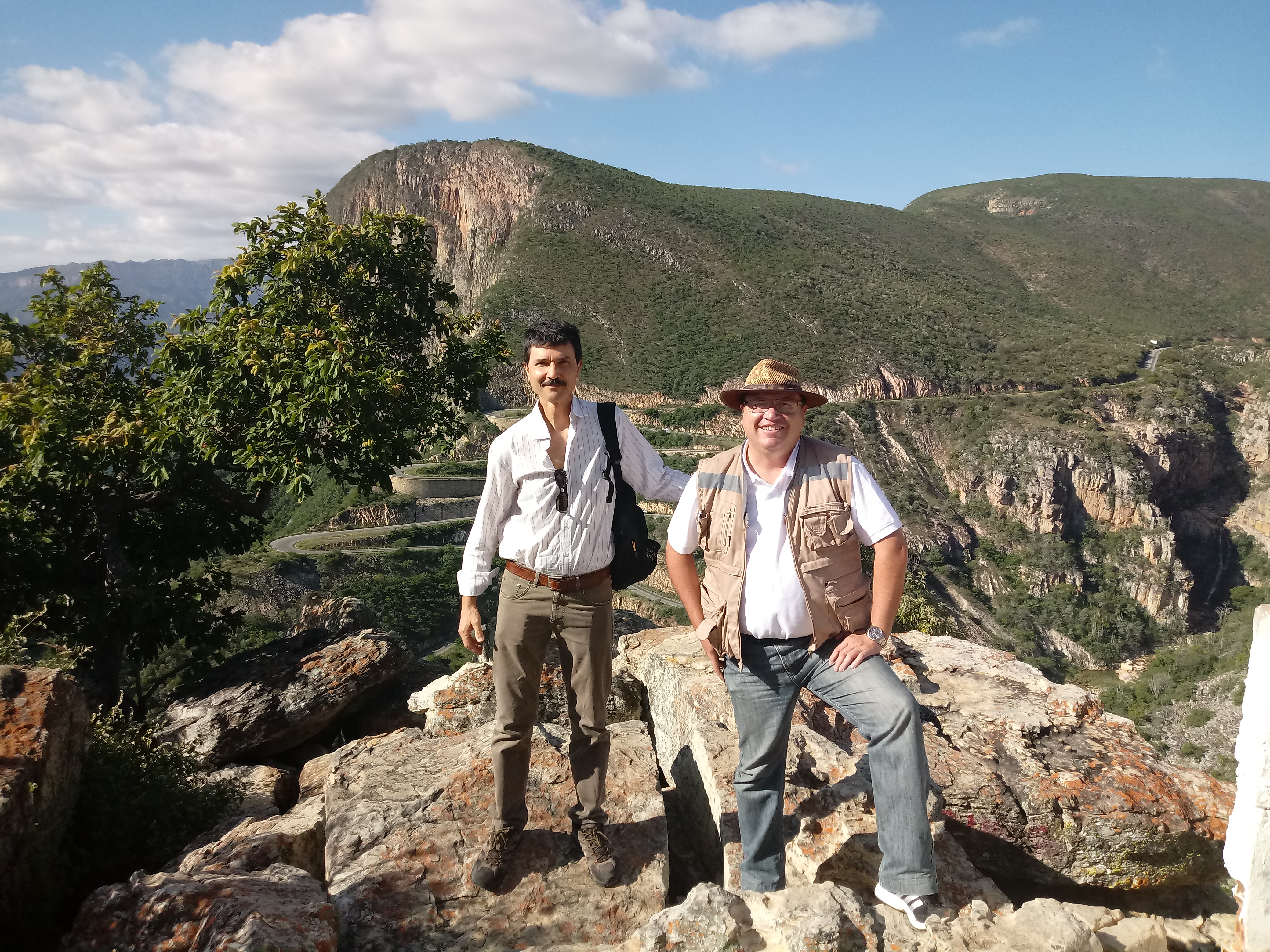
We go to underdeveloped countries, generating clean and renewable energy, recovering soils, creating permanent jobs, taking care of the environment with a neutral carbon balance.
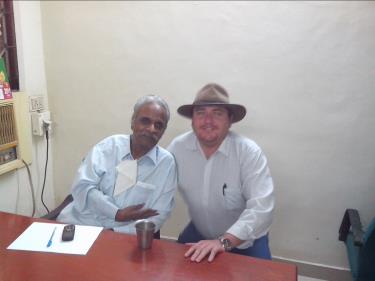
Our business is to produce wealth in the countries where we operate, using local resources, we adapt to the client, we use our technology to offer clients affordable prices that adapt to their reality. Our projects are high impact.

